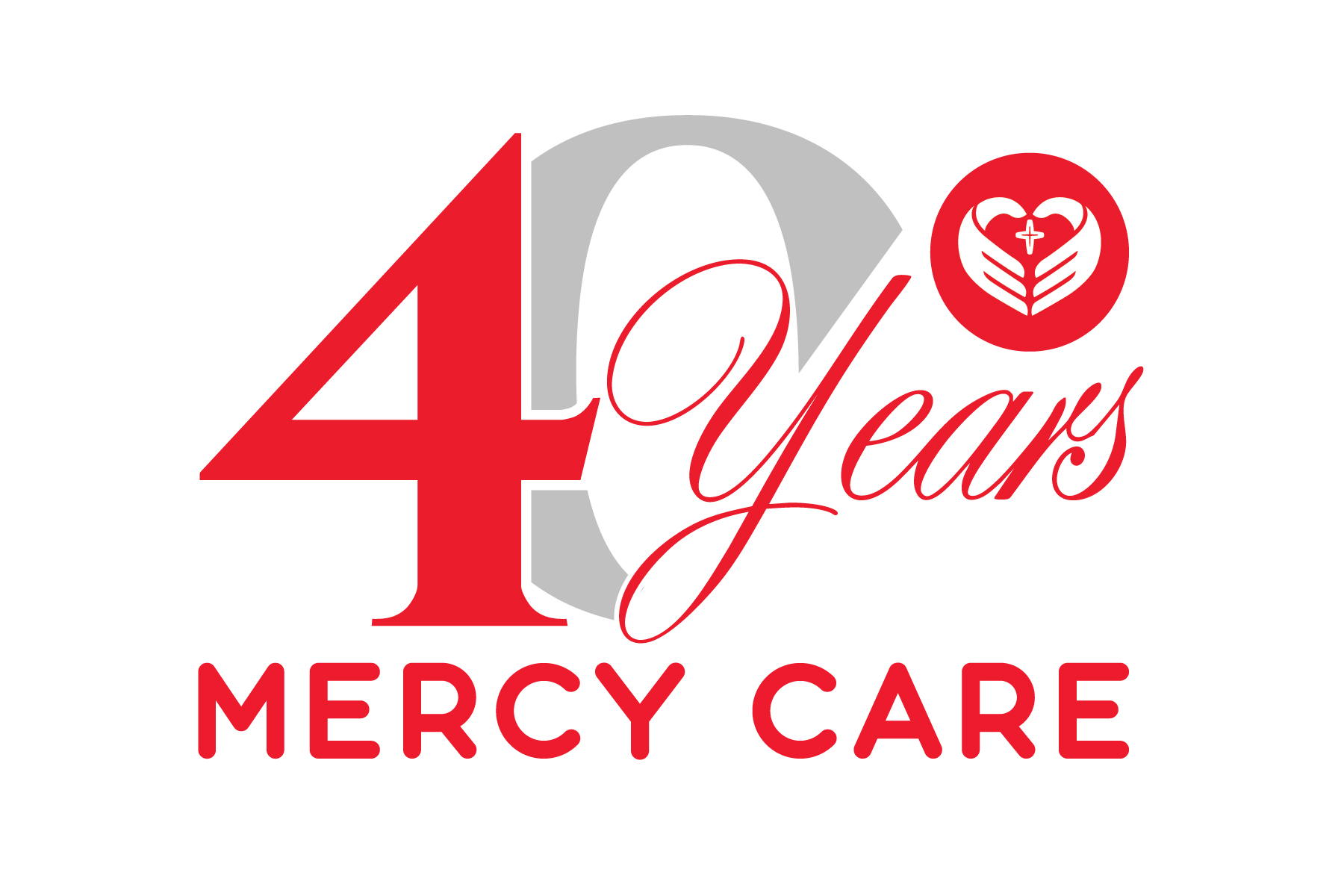The Legacy of Mercy Care
The spirit of mercy is tangible in countless ways we care for those experiencing homelessness, poverty, mental illness or linguistic isolation. It is the same spirit that impelled Catherine McAuley, founder of the Sisters of Mercy, to respond with compassion to the needs of the poor in Dublin in the 1830’s. Her “walking nuns” went out to the poor in the homes and throughout the city.
Faith and community are at the heart of this mission that is lived out today on the streets and in clinics across Atlanta.

1831
Catherine McAuley, founder of the Sisters of Mercy was moved to compassionate response by the urgent needs of the poor throughout Dublin, Ireland. Breaking with cloistered tradition, her “walking nuns” went to the poor in their homes and on the streets.

1843
The Sisters spread compassionate service to places they never dreamed of, “taking healthcare where it’s needed most”, ultimately leading them to open their first U.S. hospital in Pittsburgh.

1865
Moved by their compassionate care of soldiers during the Civil War, President Abraham Lincoln commissions artist Florence Meyers to paint a Sister of Mercy nurse on the battlefield.

1880
The Daily Constitution reports the opening of Atlanta’s first hospital: “The new institution…is controlled by the Sisters of Mercy whose beautiful ministrations to the afflicted are known to all.”

1980's
Saint Joseph’s Hospital relocates to the Perimeter. Teams of nurses, doctors, Sisters and volunteers take to downtown streets with bandages and medications to care for Atlanta’s growing homeless population. They begin by washing feet.

1985
Generosity and providential guidance transform tackle boxes into a medical dispensary and coaches into clinics.
Saint Joseph’s Mercy Care Services incorporates on November 22, 1985, marking the “Second Founding Moment.” The Sisters of Mercy, joined by donors, friends and co-workers, commit to bring healthcare to those who are most vulnerable.

1986
Once again, Mercy Care Services takes to the streets. A huge, beautiful Mercy Mobile medical coach is a visible source of care by “taking healthcare where it’s needed most.”
Mercy Care is designated as a Federally Qualified Health Center (FQHC), specifically focusing on the homeless population.

1989
Continuing the legacy of the Sisters of Mercy who “stepped into the need,” Mercy Care established its first community-based HIV prevention services program. This is the same year that Congress created the National Commission on AIDS, and the number of reported AIDS cases in the U.S. reached 100,000.

2001
Mercy Care grows quickly. Donors fund the openings of a downtown office/clinic location on Decatur Street, and a clinic to serve an uninsured, largely Hispanic population on Buford Highway.

2002
Mercy Care begins offering vision care services.

2005
The Mercy Moves Through Me Award is established to mark the 20th Anniversary of Mercy Care. The first honorees were U. S. Representative John Lewis and Atlanta Mayor Shirley Franklin.

2010
Through generous donors, the Decatur Street site expands its clinic and creates space for a fleet of outreach vehicles and mobile medical coaches. At The Gateway, Mercy Care opens a new Recuperative Care Program for homeless patients discharged from Grady. All sites focus on quality standards, including CARF accreditation (2006), electronic health records implementation and “meaningful use” recognition.

2012
Saint Joseph’s Health System entrusts hospital management to Emory Healthcare, forming a Joint Operating Company.
Mercy Care builds out its infrastructure and recognizes a “Third Founding Moment,” renewing with vigor and singular focus the mission to bring healthcare with excellence and compassion to persons who are poor and marginalized.

2014
Five Mercy Care clinics earn Patient Centered Medical Home (PCMH) Recognition. A nighttime Street Medicine Program is underway, and Mercy Care dedicates increased resources to meet patients’ behavioral health needs.
Partnerships with Grady, Morehouse School of Medicine, Emory medical students, Gateway and City of Refuge, and other Community Health Centers improve our shared response to the needs of the community.

2017
After 15 years on Buford Highway, Mercy Care replaces Mercy Care North with a 45,000-square-foot, LEED-certified clinic thanks to $14 million donated by 725 individuals, corporations and foundations. Mercy Care Chamblee opens April 18, featuring 24 exam rooms, six dental operatories, a vision center, lab and radiology services, and four rooms dedicated to health education.

2024
Together with several community partners, Mercy Care celebrated the grand opening of McAuley Station Phase I, delivering 170 high-quality, mixed-income apartments adjacent to the Mercy Care campus in the Sweet Auburn neighborhood of Atlanta. The $50 million development includes studio, one-, and two-bedroom apartments for local families. Of the 170 total units, 10 are designated as transitional/respite units for Mercy Care patients and 30 studios will serve as permanent supportive housing through Fulton County’s Behavioral Health Department in partnership with Partners for HOME.
